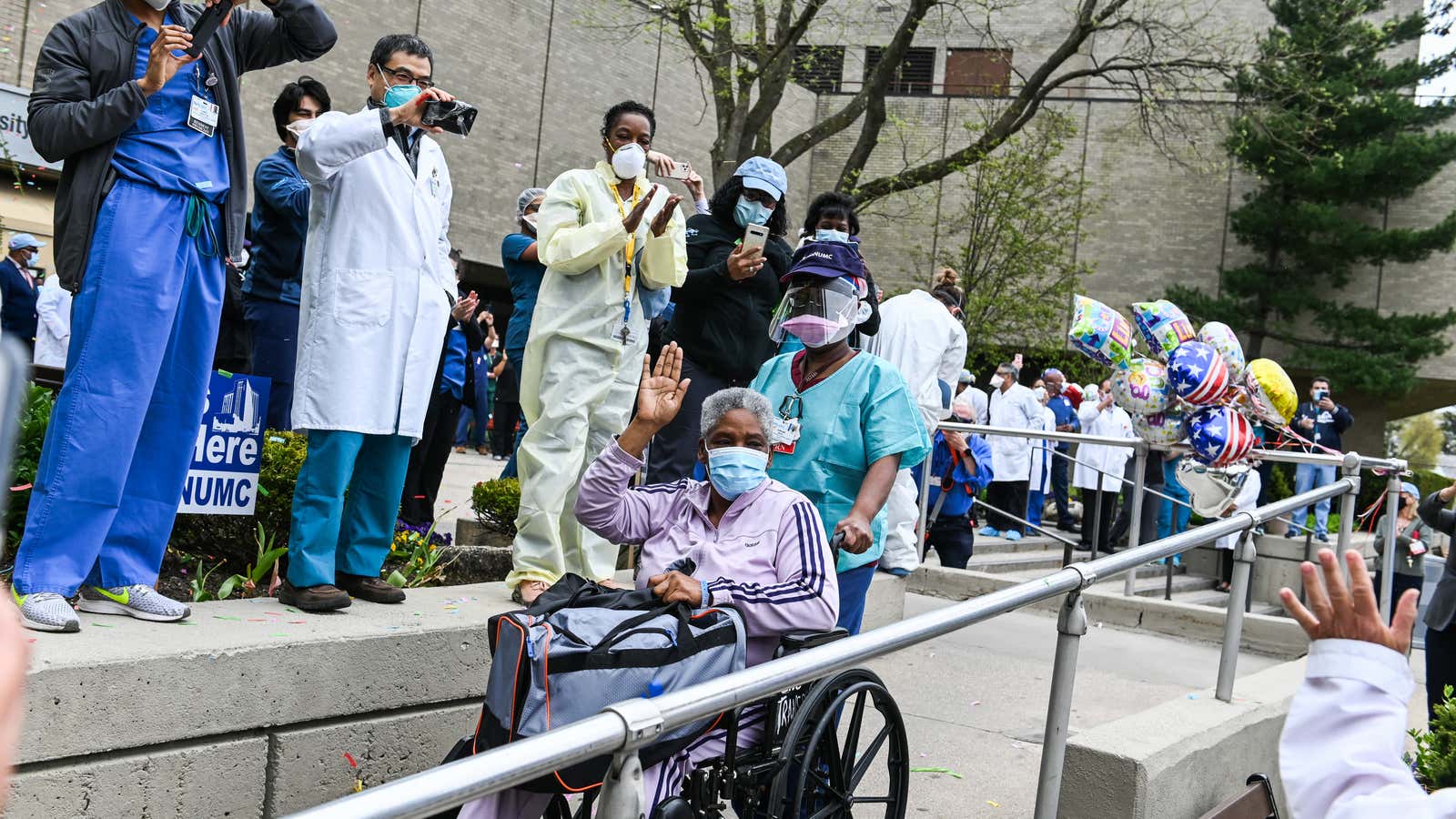What Does It Mean to Be Cured of COVID-19?

In addition to counting confirmed cases of COVID-19, there is a secondary count of the number of people who have recovered from the infection. What does it mean to be considered cured of COVID-19? What does it look like?
As it turns out, there is a rigorous methodology for counting recovered cases , and as with many diseases, what counts as official recovery does not always mean that the patient has no lasting effects.
Patients should be twice negative.
According to the CDC , for a person to be considered recovered, they must be fever-free without the help of antipyretic medications for three days in a row, and they must show improvement in their other symptoms, such as coughing and shortness of breath. breathing.
In addition, a person must test negative twice for coronavirus in tests taken at least 24 hours apart. This is the official standard that a person should be considered “recovered”.
However, your body successfully fights the virus and returns to the state in which you felt before the illness – these are two different things. Those with a more severe case of COVID-19 are likely to have lingering effects even after the virus goes away.
Every recovery will be different
“For many people, what they think of as ‘recovery’ is very personal,” says Brad Butcher , founder and director of the Critical Illness Recovery Center at the University of Pittsburgh Mercy Medical Center. “Some may see recovery as leaving the hospital, some may see it as returning to work or a hobby even if they have long-standing problems, and some may not define recovery until they feel like it was before they got sick. “.
This means that one can be considered “officially” cured of COVID-19 infection, but persisting symptoms , including fatigue, muscle weakness and shortness of breath, as well as impaired lung, kidney or liver function. … All of these symptoms take time to resolve.
“Recovery is a marathon, not a sprint,” says Butcher. “It only takes a few days to get sick, but it can take weeks, if not months or years to recover.”
Lingering symptoms are usually associated with severe cases.
Generally speaking, the symptoms that persist seem to depend on the severity of the illness, which means that the more severe the original infection, the more likely a person is to have a longer recovery time. That said, given how new the coronavirus is, there is still a lot to learn.
“What happens to people in the long term remains to be determined,” says Howard Huang , pulmonologist and director of the lung transplant program at Houston Methodist Hospital. We still learn about coronavirus from the exact mechanisms by which it affects the body to the extent of its long-term effects. However, as Huang notes, the presence of lingering symptoms is usually consistent with the severity of the disease.
“If you develop a severe case, you won’t be able to get over it like a common cold,” Huang says.
It is now believed that some of the long-term effects of COVID-19, including organ dysfunction and blood clots or stroke, are the result of a virus attacking the lining of blood vessels or an overactive immune response. If you have had a mild case, it is unlikely that you will experience some of these effects.
Recovery is a long road, especially in cases where hospitalization is required, and it can look different for everyone. “It’s really taking its toll on your body,” Huang says.